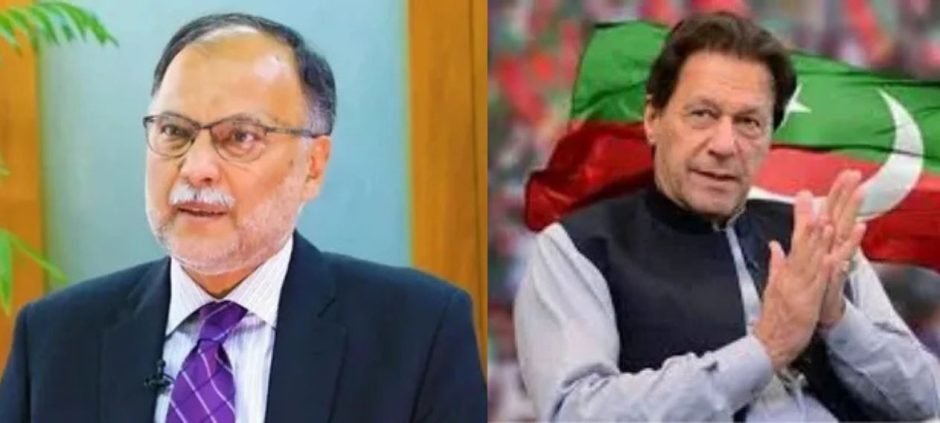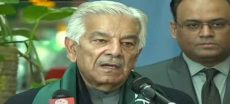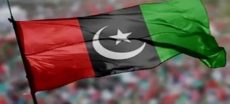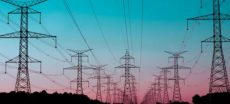Ahsan Iqbal, a senior leader of the Pakistan Muslim League-Nawaz (PML-N), has strongly dismissed the PTI founder’s political prisoner claim, emphasizing that being jailed does not automatically make someone a political hero. Speaking to reporters in Narowal, Iqbal reflected on his own imprisonment during the PTI government, stressing that he faced hardships without seeking sympathy or political leverage. He stated, “If being jailed makes one a political prisoner, then I, too, have served time, but that doesn’t make me a victim.”
The PTI founder’s political prisoner narrative has been repeatedly highlighted by his party, with supporters labeling his detention as politically motivated. However, Ahsan Iqbal argued that accountability should be applied consistently, regardless of political affiliation, and criticized PTI leaders for what he called “double standards,” pointing out that the same party had targeted opponents during its tenure using similar measures. He maintained that justice should follow the law rather than political convenience, adding that true leadership comes from service and resilience, not slogans.
In addition, the political landscape has further intensified after reports surfaced that the PTI founder has directed lawmakers to quit Punjab committees, signaling growing internal tensions within the party.
Recalling his own time behind bars, Ahsan Iqbal highlighted how he used the experience to reflect and strengthen his resolve instead of portraying it as persecution. His comments come amid a heated debate over the PTI founder’s political prisoner claim, which continues to dominate public discourse. By dismissing these claims, Iqbal reinforced the need for fairness, accountability, and consistency in politics, warning against exploiting emotional narratives for political gain.
Ahsan Iqbal’s remarks have sparked discussions in political circles, emphasizing that endurance and contribution matter more than personal victimhood claims, and that the PTI founder’s political prisoner narrative should not overshadow the rule of law or public accountability.











